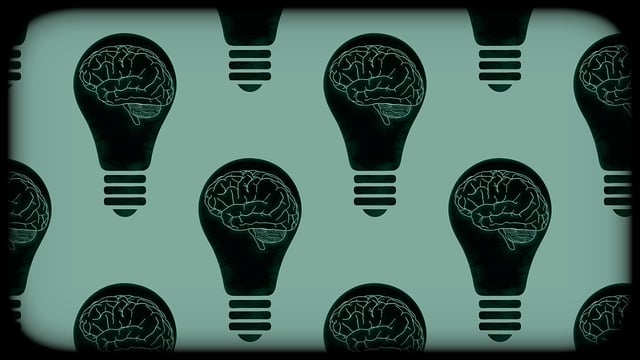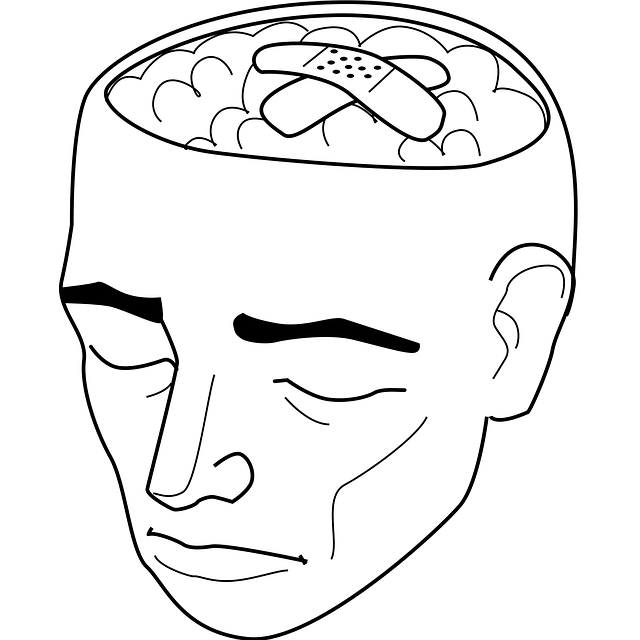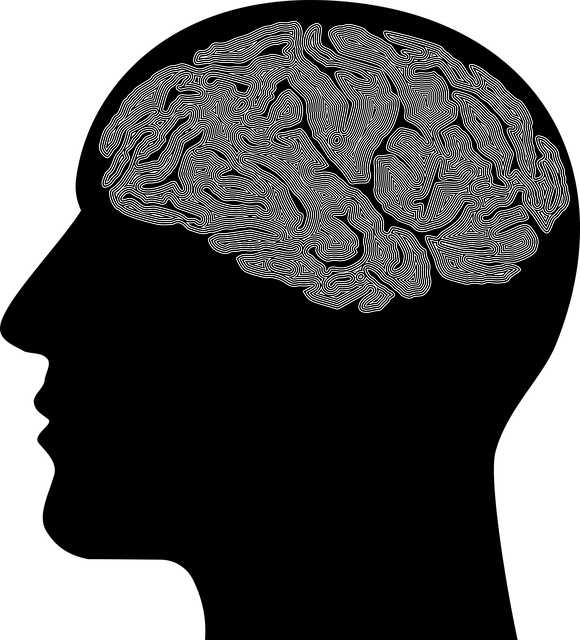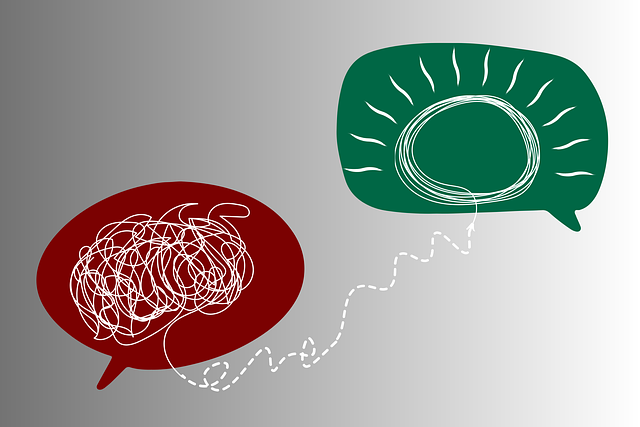Wheat Ridge Phobias Therapy leverages positive thinking as a core component, promoting mental resilience, reducing stress, anxiety, and depression. Combining CBT and exposure therapy, it offers a tailored approach to overcome specific fears. Daily positive thinking exercises, ranging from gratitude practices to meditations, enhance well-being and life satisfaction. This evidence-based method is gaining traction through community outreach programs and healthcare provider training, complementing traditional therapy and improving mental health outcomes on a wider scale.
Positive thinking is a powerful tool for enhancing mental well-being, as evidenced by Wheat Ridge Phobias Therapy’s success in treating anxiety disorders. This article explores how cultivating a positive mindset can transform lives. We’ll delve into the science behind its impact on mental health, provide an overview of effective techniques, offer practical strategies for daily implementation, and discuss overcoming challenges to maintain a lasting positive outlook. Discover how these exercises can be your path to a happier, healthier you.
- Understanding Positive Thinking and Its Impact on Mental Health
- Wheat Ridge Phobias Therapy: An Overview
- Implementing Positive Thinking Exercises in Everyday Life
- Overcoming Challenges and Sustaining a Positive Mindset
Understanding Positive Thinking and Its Impact on Mental Health

Positive thinking is a powerful tool that can significantly influence mental health and overall well-being. It involves cultivating optimistic attitudes, focusing on personal strengths, and reframing negative thoughts into more positive ones. This simple yet effective practice has been shown to reduce stress, anxiety, and depression, fostering a sense of calm and resilience in individuals. By encouraging clients to challenge negative thought patterns, Wheat Ridge Phobias Therapy facilitates a shift towards more adaptive and healthy thinking habits.
This approach aligns with the broader concept of Mental Health Policy Analysis and Advocacy, where promoting positive thinking can be a cost-effective and accessible strategy within communities. Community Outreach Program Implementation initiatives can incorporate exercises that enhance emotional regulation and positive thinking as part of their comprehensive mental health support systems. Such practices not only benefit individuals but also contribute to building resilient communities.
Wheat Ridge Phobias Therapy: An Overview

Wheat Ridge Phobias Therapy offers a specialized approach to addressing specific fears and phobias that significantly impact an individual’s life. This therapeutic method recognizes that phobias are often deeply rooted in our minds, triggered by past experiences or intense emotional responses to certain stimuli. By employing evidence-based techniques, therapists help clients confront and overcome these debilitating fears.
The process typically involves a combination of cognitive-behavioral therapy (CBT) and exposure therapy, where individuals gradually expose themselves to the object or situation they fear in a safe, controlled environment. This gradual desensitization helps rewire the brain’s response to the phobia, replacing intense anxiety with feelings of control and confidence. The goal is not only to reduce symptoms but also to enhance overall well-being and promote a more positive outlook on life, fostering greater resilience in the face of future challenges.
Implementing Positive Thinking Exercises in Everyday Life

Incorporating positive thinking exercises into daily routines is a powerful tool for personal growth and well-being, as championed by Wheat Ridge Phobias Therapy. These practices can be as simple as mindful gratitude or as structured as guided meditations designed to shift negative thought patterns. Start by dedicating just a few minutes each day to these exercises, focusing on breathwork or positive affirmations. Over time, this consistent practice can strengthen mental resilience and enhance overall life satisfaction.
Public Awareness Campaigns Development and Healthcare Provider Cultural Competency Training highlight the growing recognition of positive thinking’s impact on mental health. By integrating these practices into healthcare settings, professionals can better support patients, fostering a more holistic approach to well-being. This trend underscores the potential for positive thinking to not only complement traditional therapy but also to contribute to community-wide improvements in mental health and resilience.
Overcoming Challenges and Sustaining a Positive Mindset

Overcoming challenges is a significant aspect of fostering a positive mindset, especially when dealing with phobias and anxiety disorders like those often treated at Wheat Ridge Phobias Therapy. The process involves recognizing that setbacks are part of personal growth and adopting a resilient attitude. Mind Over Matter principles encourage individuals to reframe negative thoughts and situations, transforming them into opportunities for learning and development. This mindset shift empowers people to confront their fears head-on, replacing anxiety with a sense of empowerment.
Sustaining a positive mindset requires consistent practice and the integration of empathy-building strategies and mindfulness meditation. These techniques help individuals stay grounded in the present moment, reducing the impact of past traumas or future worries. By cultivating empathy, one can better understand their own emotions and those of others, fostering deeper connections and a more optimistic outlook. Mindfulness meditation provides a space for self-reflection, allowing individuals to identify and let go of negative thought patterns, thereby strengthening their mental fortitude.
Positive thinking exercises, as demonstrated by Wheat Ridge Phobias Therapy techniques, offer a powerful tool for enhancing mental health. By integrating these practices into daily routines, individuals can overcome challenges and cultivate a more optimistic outlook. Through consistent effort and perseverance, sustaining a positive mindset becomes achievable, leading to improved overall well-being.














